Creating Lasting Connections with "Radical Hospitality"
This week on HowlRound, we continue our series on Triple Play, a consortium project between Theatre Development Fund and Theatre Bay Area. Triple Play is exploring the crucial triangular relationship between playwrights, theatres, and audiences with the hope of creating a paradigm shift in the way the field thinks about audiences and the way audiences experience new work. Now in phase two, Triple Play is midway through 300 interviews between playwrights and audience members around the country. This series will share best practices in audience engagement and question how we define the relationship between artists, theatre companies, and audiences. In this piece, Lisa Mallette (artistic director of City Lights Theater Company) discusses the “radical hospitality” City Lights practices in all aspects of their business in order to build deeper relationships with audiences.—Alli Houseworth, series curator
Engaging audiences and artists is at the core of our work at City Lights Theater Company. We produce six mainstage shows, as well as new play readings and a music series. Of our six productions, generally three are lesser-known or entirely new works, and at least three are regional, national, or world premieres.
For us, like many others, new (or lesser-known) work is much more difficult to “sell.” However, from the time we started treating our patrons, artists, and staff with what we call “radical hospitality,” we have seen a significant increase in our ticket sales, season pass holders, and individual contributions. In fact, over the past three seasons, the organization’s operating budget has grown 51%, due in large part to our increased attendance for all productions, including our new and lesser-known work.
We’ve created a culture of care in everything we do; radical hospitality is at the forefront of our hearts and minds and in all of our activities.
For us, radical hospitality is the forging of lasting, authentic connections to each other, to our audiences, and to the stories we tell. We do this by focusing on creating a warm and welcoming environment for our audiences and our artists with friendliness and generosity of spirit. This is an essential aspect of who we are and what we do; our personality is fun, positive, collaborative, supportive, and, above all, welcoming. We’ve created a culture of care in everything we do; radical hospitality is at the forefront of our hearts and minds and in all of our activities. When we talk about hospitality, we mean being genuinely hospitable; we mean the friendly and generous reception and entertainment of guests, visitors, or strangers.
Radical hospitality also means extending a special welcome to people who might not think they can afford to experience live theatre. We begin the run of every mainstage production with a Pay What You Can performance, followed by a $19 Preview the next night. We also discount our tickets for students, educators, and seniors.
In order to cultivate a loyal, trusting audience base, each member of that base must feel connected to the organization as a whole, not to one particular play. When this happens, audiences are much more likely to “take a chance” on a play they know nothing about. The deeper the relationship we have with our audience members, the more they’re willing to trust that a new play will be engaging, entertaining, thoughtful, of high quality, and ultimately worth their time.
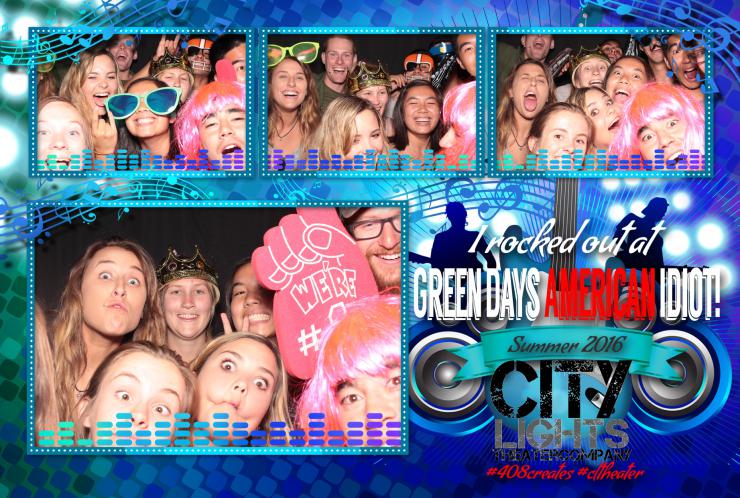
When I was in Boston for Phase I of the Triple Play initiative, we were asked to think of a crazy, “pie in the sky” dream for our organization around engagement and relationship building between staff, artists, playwrights, and audience members; I stated that someday I would love to see every person who walks through our doors for any performance have a personal interaction of some sort with a member of the inner team. When I came back from that trip and shared that dream with my staff and board of directors, they immediately started a sign up for “gracious greeters,” and that practice was immediately implemented and continues to this day.
We have someone from the inner-family, a staff or board member, in the lobby at every performance with the sole purpose of graciously meeting and greeting everyone who comes into the theatre. We believe developing a loyal family of artists and audience members takes place one soul at a time. It is relationship building. We provide this warm, welcoming radical hospitality in other ways as well.
We host a party on stage for artists, production staff, and audiences after every single performance at City Lights, all year round. The food and drink provided are tied to the themes of the play, and all are invited to come on stage and mix and mingle together. We play music (again tied into the themes of the play), serve wine and other refreshments, and encourage a more personal connection to the storytelling we have been engaged in together. In doing this, we’ve created an authentic, social environment in which audience members interact with the artists, asking questions and sharing thoughts about what they just saw—how it touched them or made them feel. They share personal experiences with the artists and each other. Our artists say they love seeing and feeling the impact of their work directly through organic, one-on-one conversations with audience members. Our audience members feel included, listened to, and valued in a more meaningful way than ever before. They also have fun! This deepens everyone’s relationship with the work, the organization, and each other.
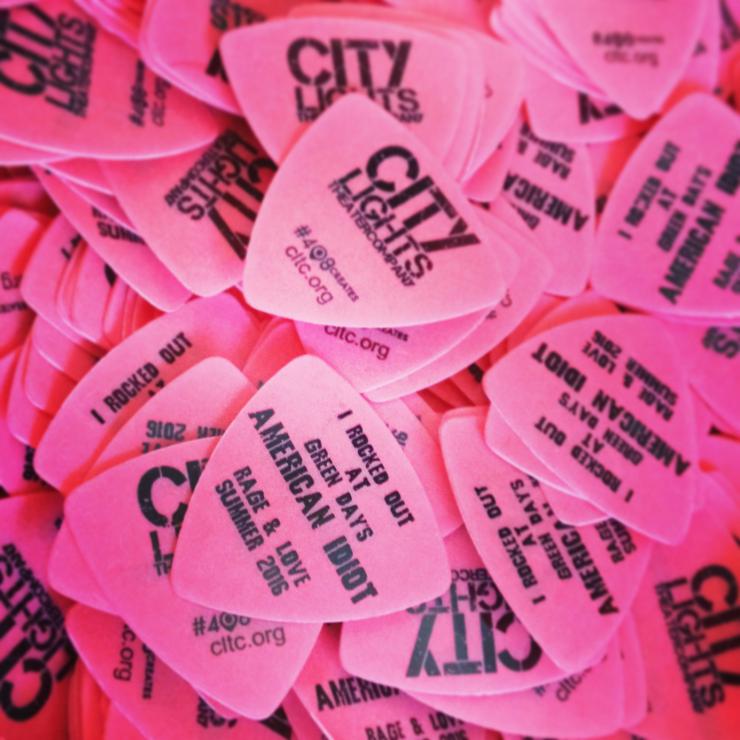
We also create a small gift, also tied into the theme of the play, to give to each audience member after the show. This is a tangible “souvenir,” because that eye-to-eye, hand-to-hand, personal moment between audience members and City Lights staff, artists, and volunteers is the point! It is personal. Some examples are magnetic poetry (including words from the play) for our South Bay Premiere of Lauren Gunderson’s I and You; origami paper with directions to make a heart, designed for our production of Ravij Joseph’s Animals out of Paper (South Bay premiere); embossed chocolates for our world premiere, commissioned production of Truce: A Christmas Wish from the Great War by Kit Wilder and Jeffrey Bracco. We have handed out approximately 45,000 customized gifts over the past five years.
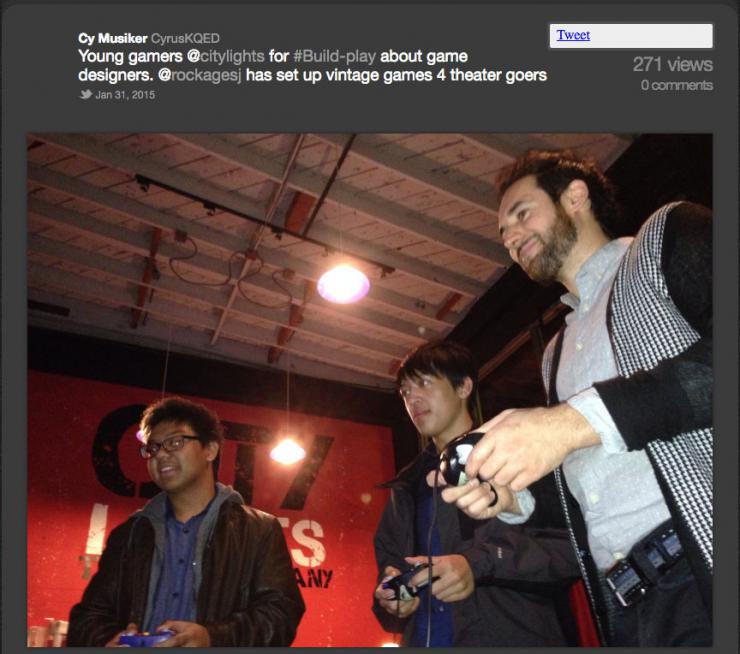
We often have an interactive activity in the theatre before or after shows as well, again tied into the theme of the play and intended to encourage our patrons’ own creative expression and interaction with each other. For I and You, for example, we displayed magnetic words on a board onstage at the after party, with which patrons could create their own poetry, and we projected video games on the lobby wall for patrons to play together before performances of our Northern California premiere of Build by Michael Golamco.
Colleagues often say their organizations cannot afford this kind of hospitality and generosity. While we do budget for these activities, it is not a huge amount of money—nor is it really about money at all! We are being generous with our time and our attention; we are listening to our audiences and connecting with them. Our activities, parties, and gifts foster genuine relationship building with the people who come through our doors; they end up caring about the organization over the long-haul, not just about what show we happen to be producing that night for a mere few hours. We can’t afford not to treat our patrons in this manner.
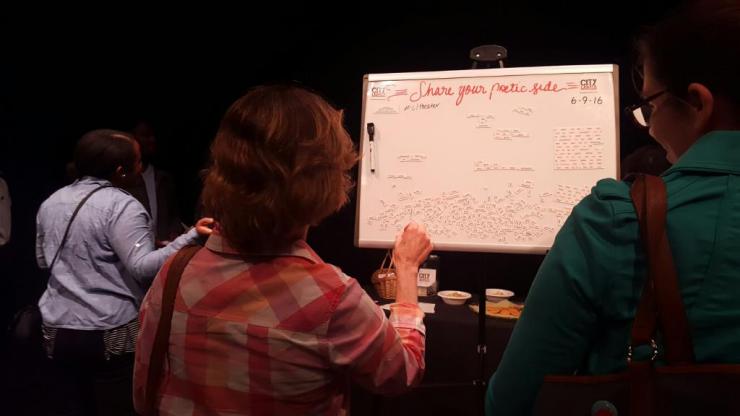
In everything we do, we lead with our hearts, not with our egos. This creates an environment where everyone feels valued and respected, supported and cared for. This begins in the office with the staff, and in board meetings with our trustees, and in the rehearsal room with our artists; it continues in the lobby, in the theatre, and up on stage at the after parties. I believe people—actors, directors, playwrights, and my staff—do their best work when their walls are down and they feel they are in a safe place to take risks and not be judged. I believe when people make a conscious choice to put their best self forward, true, authentic relationships can blossom.




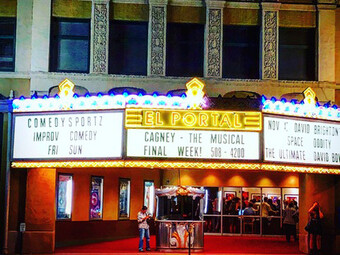

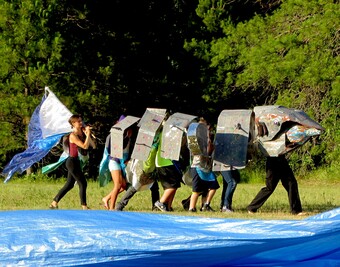

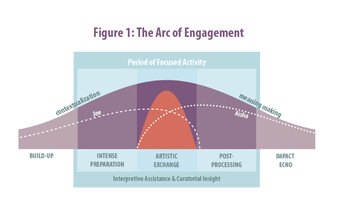

Comments
The article is just the start of the conversation—we want to know what you think about this subject, too! HowlRound is a space for knowledge-sharing, and we welcome spirited, thoughtful, and on-topic dialogue. Find our full comments policy here
So glad to hear about all this (well-deserved) success! Being part of the City Lights gang back in the late 90's has always been one of the smarter things I've ever done.
That is great to hear! I hope you come back and see us sometimes. :)
Hi, My name ist thomas, and I was a dramaturg, theater producer and director for many years in Europe, and I am an enthusiastic reader and fan of Howl Round and the many contributions since a long time.
I like your article very much, because it emphasizes, what we think are the must important parts for a good Audience and Education Program. But: What you call a radical hospitality, is already and since many years a key concept in many of the public and private theaters in Europe, since there is a strong decline in audience since 2001/02. What you call, to let the audience be part of the whole program, is part of several subscription concepts. You buy a package, let's say 10 of 12, get 2 off, you can choose, change, have your places, an invitational drink, special offers like get-together, parties, special invents, looking behind the scene and many other things. The audience is no longer excluded from an "autistic" theater, but now part of the program, the performances etcetera. I know, that some of the American theaters have these subscriptions, but they work completely different.
But could you underline, what makes the difference to all the former audience programs before, for my better understanding. What makes it better and more successful? We are looking for new concepts, since our audience ist not only the audience - in the most public theaters, the audience is the owner of the theater. They are sitting - represented by politicians - in the Boards, they are the first who choose a new director and her or his program. Probably I will write some short notes about the different European theater systems in a future contribution.
My very best regards to all of you! thomas
Hello Thomas. Thank you for your comment. Theaters do have many creative ways of offering packages, subscriptions or memberships with great benefits, but our activities are for everyone, regardless of what kind of ticket they purchased (or didn't purchase.) It is a way of thinking, feeling, and connecting with our audiences, and not really intended to be a marketing tool in the traditional sense. This way of connecting and engaging is actually found in all aspects of the organization; between staff members, artists, board members AND audience members.
I look forward to reading your future notes on the different European theater systems, as I am, too, a fan of HowlRound.